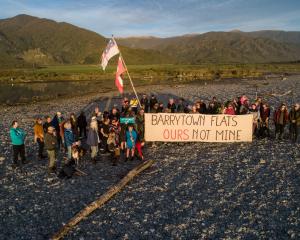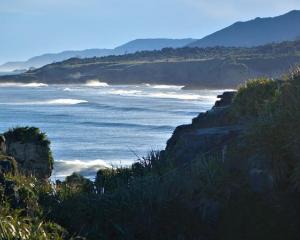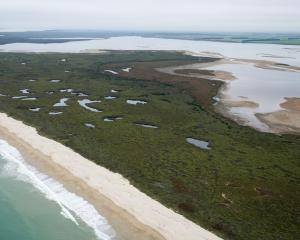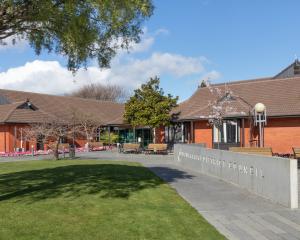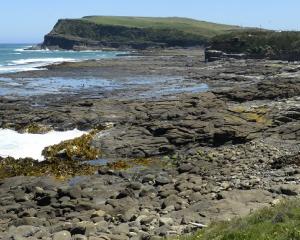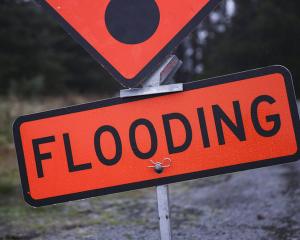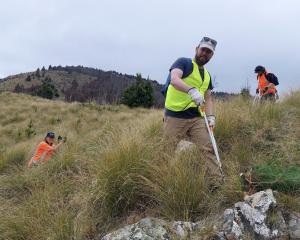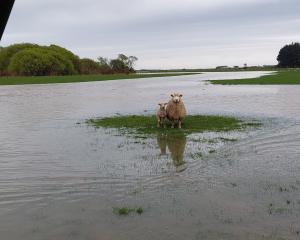
In an interview with RNZ last week, Resources Minister Shane Jones said it was time for common sense and a stop to a "cancel culture" around coal.
Mr Jones said pending changes to the Resource Management Act would reduce barriers to coal mining "so we overcome the statutory constipation" in the economy.
The climate change measures of the past decade had stifled New Zealand so it now could not afford to pay for climate change measures, Mr Jones told RNZ.
"Unless New Zealand has an economic surplus on a regular basis, you and I will not afford the climate change journey."
Development West Coast chief executive Heath Milne said the potential economic opportunities for the New Zealand economy were massive.
"I would go so far to say that the current economic output for the minerals sector would easily be doubled", Mr Milne said.

"It’s not just our region that’s going to benefit from this. My personal view is that the checks and balances to ensure environmental ... standards etc are absolutely important.
"But if the process is easier, then the potential economic benefits and opportunities that are there, are massive", Mr Milne said.
Buller Mayor Jamie Cleine described the law change as hugely positive for his district, where the Stockton mine provides about 400 direct and indirect jobs.
Mr Cleine said clearing the consenting path meant the Stockton operation "seems finite".
"They are a good operator. They support the community in lots of ways."
West Coast Regional Council chairman Peter Haddock said the lifting of consenting restrictions was very welcome at a time when New Zealand was importing more than a million tonnes of cheap Indonesian coal to keep the North Island in power.
Greymouth Mayor Tania Gibson said the West Coast group of mayors, chairpeople and iwi leaders were of one mind on the issue.
"People don’t want to have these discussions about coal but the fact of the matter is we do", she said.
"We think it’s great for our bloody economy and we’re revving to go", she said.
In the RNZ interview, Mr Jones said existing mining operations could already apply to extend their operations "but we’ve got to overcome this religious disdain for coal".
"Coal shouldn’t be treated as a leper. It is not a crime and I don’t subscribe to this hysteria that we hear on a regular basis."
While New Zealand was reducing its dependence on hydrocarbons, it had to be balanced with the capacity of the current energy market, Mr Jones told RNZ.
"If the power goes out and if we don’t have coal from time to time, we will have hospitals that won’t be operating on a consistent basis because the power won’t be flowing."
However, Peter Anderson, of Forest & Bird, told RNZ that coal should be subject to more stringent environmental standards as the impact of coal was worse than gas or other mineral extraction.
"In terms of the consequences for the climate, coal is the worst contributor to climate change", Mr Anderson said.
Coal Action Network Aotearoa has also reacted with horror, spokeswoman Jenny Campbell saying Mr Jones needed to move on from the industrial revolution.
"Caveman Shane wants to take us back to the Dark Ages", she said.
— Brendon McMahon, Local democracy reporter
— LDR is local body journalism co-funded by RNZ and NZ On Air.


